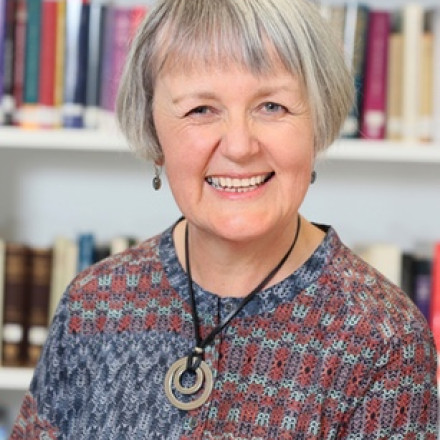Seamus Heaney: Finding Faith in Poetry
EAMON Duffy in an interesting essay entitled “Seamus Heaney and Catholicism” attempts to delineate the pervasive presence of the world of Catholicism in Heaney’s poetry and make sense of that, together with the record of Heaney’s distancing himself from the faith of his childhood in his adult life. The ambiguities remain, not least in the fact that the Heaney family chose a Catholic Mass and burial for his funeral.
It is clear to the most cursory of readers that Heaney’s poetry is imbued with a sacramental imagination and that he was profoundly culturally marred/marked by the Catholic faith of his upbringing. Heaney puts his trust in the ordinary miracles of human kin and kindness. He draws from the spiritual well of Catholicism but God is neither a question nor an answer in these poems. Heaney’s poetry lacks the sometimes anguished con icts of belief and unbelief found in the work of his friend and fellow poet Dennis O Driscoll. Whereas O’Driscoll was interested in the transcendent or God-question, Heaney was concerned with this world, with the human, the things of the earth. And yet the poetry remains both “susceptible to the numinous,” to use Heaney’s own words’, and deeply incarnational, as Enda McDonagh has pointed out.
But in any case it seems to me a kind of arrogance to try to claim the poet either for the secularists or the religionists. Heaney described himself as incertus, his first nom de plume, and perhaps he continued to be so all his life. My interest in what follows is not to consider the question of Heaney’s Catholicism or even his cultural Catholic roots, but to raise the broader question about his poetry as a conduit to the sacred or spiritual aspects of life.
* Full article available in printed copies.

Anne Thurston
Is a theologian and writer whose recent work has explored contemporary literature as a resource for theology.